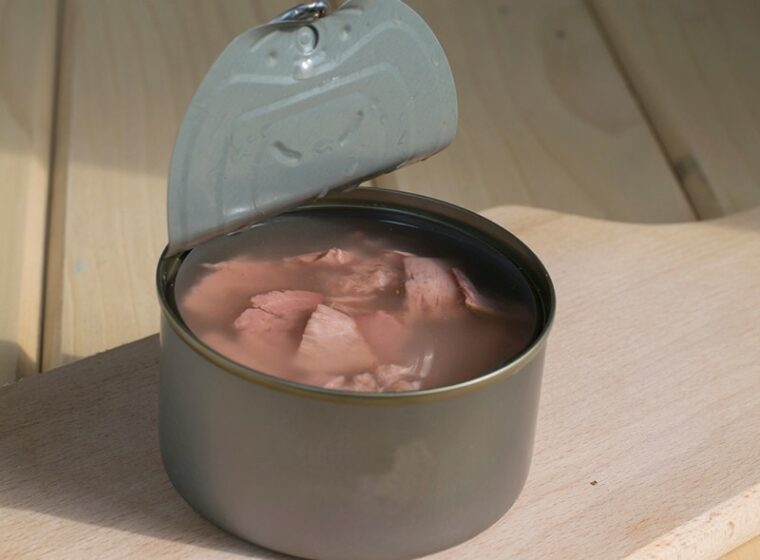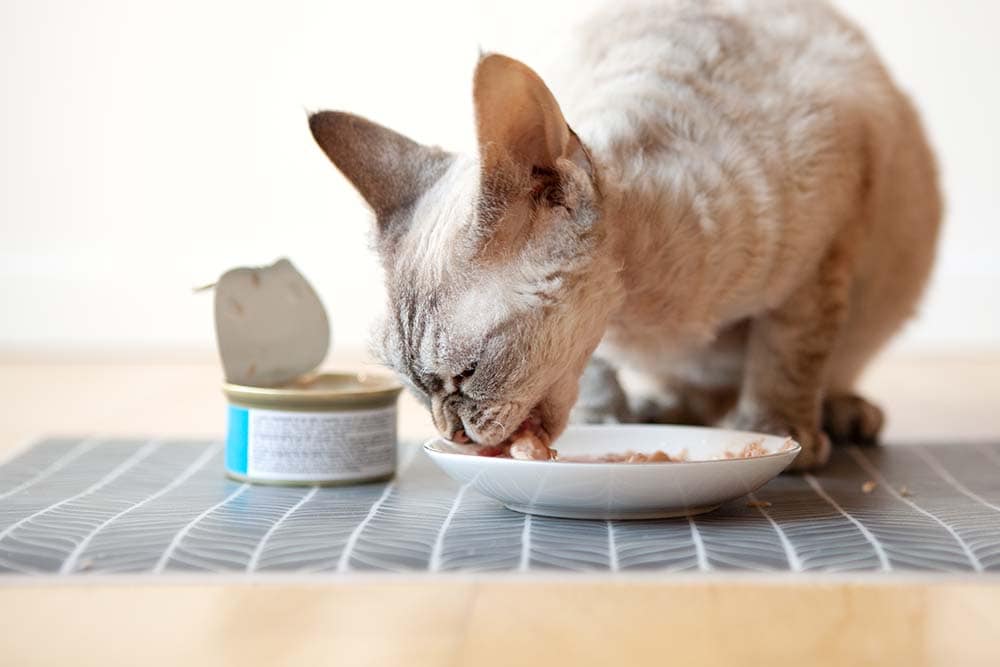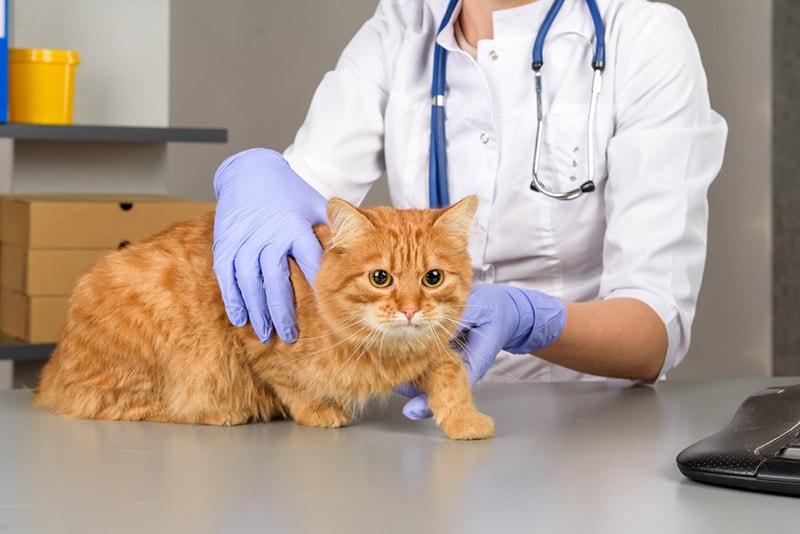
Even though fish is widely considered to be the quintessential food for cats, fish is actually not a natural part of the cat’s diet. The ancestors of today’s domestic cats were desert animals that had little to no access to fish. Even if they did, there were other animals that they were better suited to catch, like small rodents, birds, and reptiles.
All that aside, many cats do seem to really love the taste of fish. Canned tuna is often the first thing that comes to mind when you need to grab something quickly to feed a cat, but is it safe to share the juice from the can with them? Yes, cats can drink the water from canned tuna, but there are some exceptions, and it should only be offered as a treat in moderation on occasion.

Can Cats Drink Tuna Water?

The main exception would be to ensure the tuna is packed in water and not oil. Tuna packed in any type of oil should not be fed to your cat. Another exception is if the tuna is high in sodium. Whenever possible, aim to offer low-sodium or no-salt tuna to your cat.
When considering offering tuna water to your cat, it’s a good idea to think about it like you would broth. If it has added sodium, high levels of sodium, or toxic ingredients like onion or garlic, then it shouldn’t be given to your cat.
Guidelines for Giving Your Cat Tuna Water
It’s difficult to say what nutrients tuna water contains because the nutrition facts on the can account for the tuna itself, not just the water. However, you likely can expect the tuna water to contain some protein and healthy fats.
Adding a little bit of tuna water to your cat’s water to encourage them to drink more can be an effective use of tuna water, and tuna and tuna water can also be used to entice a cat that isn’t eating to eat and drink a little bit.
Some cats are sensitive to tuna, though. For cats that are sensitive, feeding them tuna or tuna water may lead to digestive upset, in which case it should be avoided. If your cat doesn’t seem to have any ill effects when they drink tuna water, then you can give it to them as a treat on occasion. They should only be offered a few laps’ worth of tuna water, though.

Why Is Tuna a Bad Idea for Cats?
Believe it or not, tuna isn’t an ideal food for cats. It isn’t nutritionally balanced, so it should never make up more than 10% of their diet, and even then, it shouldn’t be offered daily. It doesn’t contain vitamin E, and it’s too high in unsaturated fatty acids for daily consumption.
In some cases, too much tuna can lead to a medical condition called steatitis. Steatitis is an inflammation of yellow fat in the body, which can lead to significant complications. This condition is a secondary condition, which means it doesn’t occur independently. It is associated with serious medical conditions, like pancreatitis, certain cancers, and traumatic injuries.


In Conclusion
While tuna water is a safe treat for most cats, it isn’t an ideal treat to be offered regularly. Some cats may be sensitive to it, leading to stomach upset. Many canned tuna varieties for people aren’t suitable for cats due to a high sodium content or the addition of unsafe ingredients, like oils and seasonings. Aim to only offer your cat tuna water that is from canned tuna that is packed only in water and doesn’t contain added sodium.
Featured Image Credit: Kseniia Ponomarenko,Shutterstock






